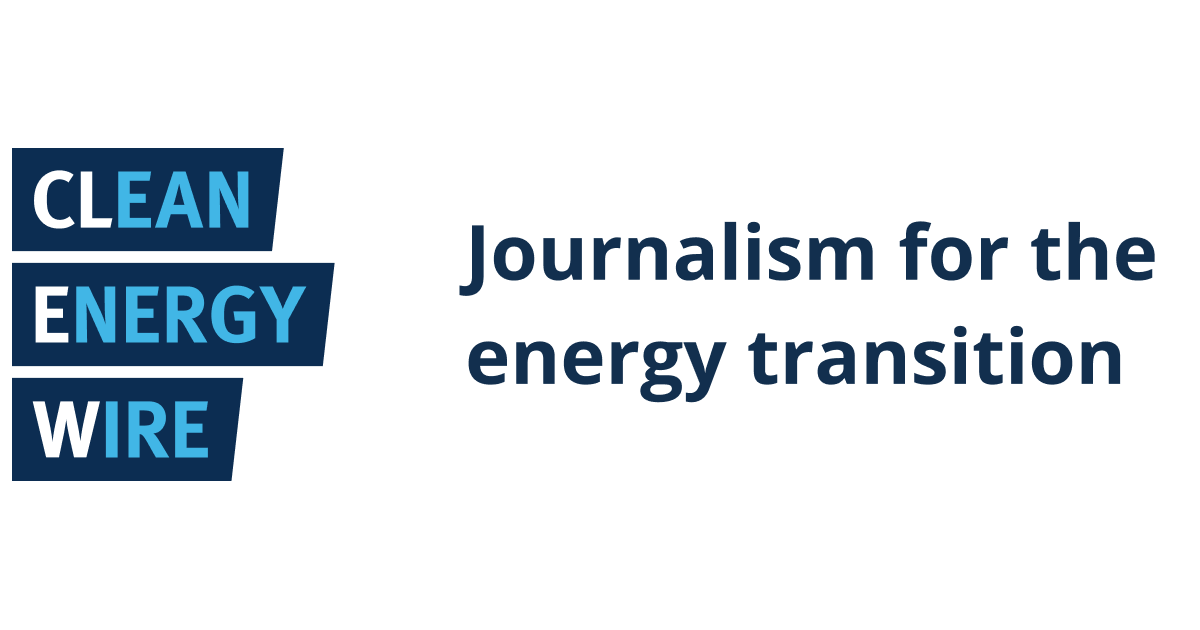EU's Clean Industrial Deal: Expectations and Concerns for a Sustainable Economy
Key Ideas
- The EU's Clean Industrial Deal, part of the European Green Deal, aims to strengthen industry competitiveness and sustainability.
- Concerns about deindustrialization and international competition drive calls for an improved investment framework and lower system costs.
- Key priorities include expanding renewable energy, grids, and storage capacities while maintaining climate goals.
- Advocates stress the importance of creating efficient implementation strategies and investment incentives to achieve climate neutrality.
The European Union is gearing up to unveil its highly anticipated Clean Industrial Deal as part of the broader European Green Deal on 26 February. The deal seeks to bolster industry competitiveness and sustainability, building on the EU's transition to a greener economy. Concerns over deindustrialization, international competition, and energy costs have pushed industrial players and environmental NGOs to call for a continued focus on the Green Deal's objectives.
The debate highlights the need for a cohesive approach to climate protection and industrial policy. Stakeholders emphasize the importance of a supportive investment framework, reduced system costs, and incentives for innovation in the energy sector. The Clean Industrial Deal is expected to play a crucial role in maintaining ambitious climate targets while ensuring stable energy prices and enhancing the EU's energy resilience.
While the direction of the Clean Industrial Deal is generally praised, some concerns linger. Key voices like Germanwatch and energy sector associations stress the necessity of clear financing strategies and a firm stance on emissions trading targets. Questions arise around the EU's potential long-term gas contracts and their alignment with climate objectives.
Furthermore, the hydrogen sector plays a significant role in the discussion, with a joint statement from leading hydrogen councils outlining a comprehensive plan for clean hydrogen development. The plan includes calls for regulatory improvements, pan-European infrastructure, tailored financial schemes, and the creation of global market leaders leveraging regional strengths. The integration of hydrogen solutions is seen as vital for achieving the EU's climate and industrial goals.
